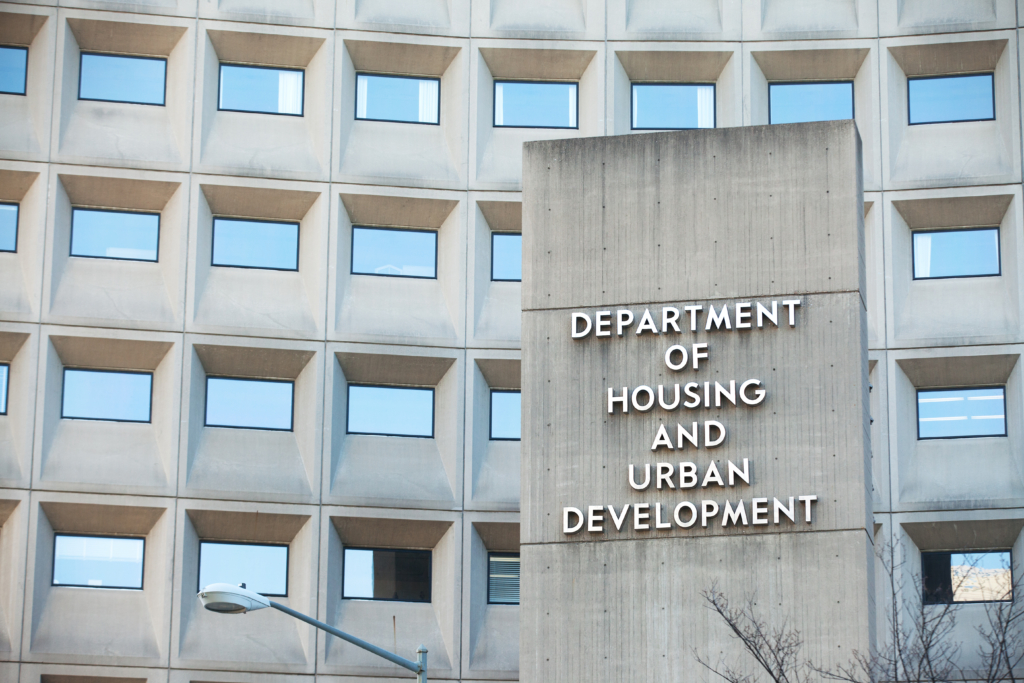October 27, 2020
On October 1, 2020, the GAO sustained a protest of solicitation terms, which failed to accurately reflect the agency’s needs considering the coronavirus pandemic. See Chronos Solutions, LLC; Inside Realty, LLC; BLB Resources, Inc. B-417870.2,B-417870.3,B-417870.4 (Oct 1, 2020).
The GAO found that the Department of Housing and Urban Development (HUD) should reconsider its plan to award 11 contracts for real estate management services because the agency failed to consider significant changes brought about by Covid-19 and the foreclosure provisions in the CARES Act enacted in March, 2020.
This decision is insightful for contractors preparing bids post-coronavirus. Agencies and contractors cannot ignore economic and regulatory changes following the coronavirus pandemic. COVID-19 was not a planned event. Moving forward, however, federal programs must factor the new realities of operating under the COVID-19 health threat for the near-term future.
In Chronos Solutions, LLC, the GAO sustained a pre-award protest to solicitation terms that failed to account for new economic and regulatory conditions caused by the coronavirus pandemic. The Department of Housing and Urban Development (HUD) issued a solicitation for asset management services in support of HUD’s real estate owned properties using outdated estimates created in 2019. The GAO found persuasive the protesters’ arguments that HUD’s solicitation estimates, upon which proposals were to be based and evaluated, failed to factor changing economic and regulatory conditions caused by the pandemic. These changes would impact the number of foreclosures during at least the base period and first option period of the solicitation.
The GAO agreed with the protesters’ arguments that HUD’s record contained no documentation to show that the agency considered the impact of the COVID-19 pandemic on the terms of the solicitation. Even though the solicitation was amended 15 times, HUD’s estimates did not account for new laws, namely, the mortgage forbearance period for up to 360 days mandated by the CARES Act and the mortgage payment relief options implemented by HUD. The agency’s record was also devoid of any analysis of the changing economic conditions affecting the housing market as a result of the COVID-19 pandemic.
Moreover, two large businesses protested HUD’s decision to restrict the program solicitation to small businesses. The large businesses argued that the agency could not expect small businesses to have the capabilities to handle the significant increased volume of work following the new post-pandemic regulatory landscape. In considering this argument, the GAO evaluated the “rule of two” requirement under FAR 19.502-2(b). Under this rule, a procurement with an anticipated dollar value of more than $150,000 must be set aside for exclusive small business participation when there is a reasonable expectation that offers will be received from at least two responsible small business concerns, and award will be made at a fair market price. A contracting agency’s investigation to determine the availability of responsible small business concerns for set-aside purposes must address not only the existence of small businesses that might submit proposals, but also their capability to perform the contract at a fair market price.
The GAO decision recommended that when HUD revisited its needs and estimates used in the solicitation, it would also be prudent for the agency to reconsider its small business set-aside decision, given that its conclusion about the availability and capability of small businesses to fulfill its requirements would be based on revised estimates.
The takeaway from this decision is that solicitation terms and requirements must address economic, regulatory, and other potential increased costs and disruptions to doing business as usual. While coronavirus continues to present a health threat, changes to operations and new regulations implemented to curb the adverse impacts of the disease, cannot be ignored. Bidders must also question potentially conflicting solicitation terms and other ambiguities before responding to an agency’s request for proposals. If solicitation terms fail to account for operating in a post-Covid-19 era, a GAO protest must be filed before the deadline for submitting bids or proposals.
If you have questions regarding this decision, please contact Shiva Hamidinia at shamidinia@nichols.law or 202-846-9829.
About the author:
Shiva helps government contractors win, keep, and successfully perform projects. Intimately familiar with the pitfalls of federal contract documents and jobsite realities, Shiva provides concise business-minded legal advice to help contractors mitigate risks and increase opportunities.
Disclaimer
The information provided in this blog does not, and is not intended to, constitute legal advice; instead, all information, content, and materials available on this site are for general informational purposes only. Information on this website may not constitute the most up-to-date legal or other information. Readers of this website should contact their attorney to obtain advice with respect to any particular legal matter.
